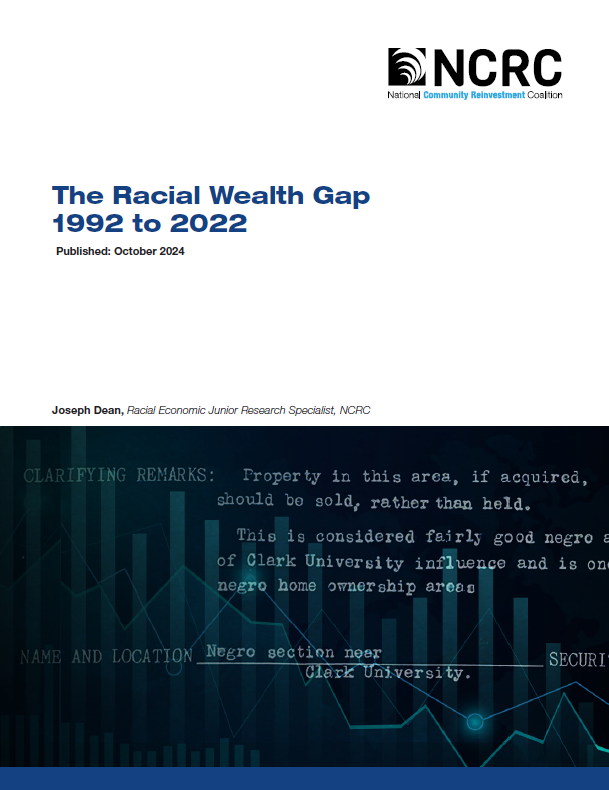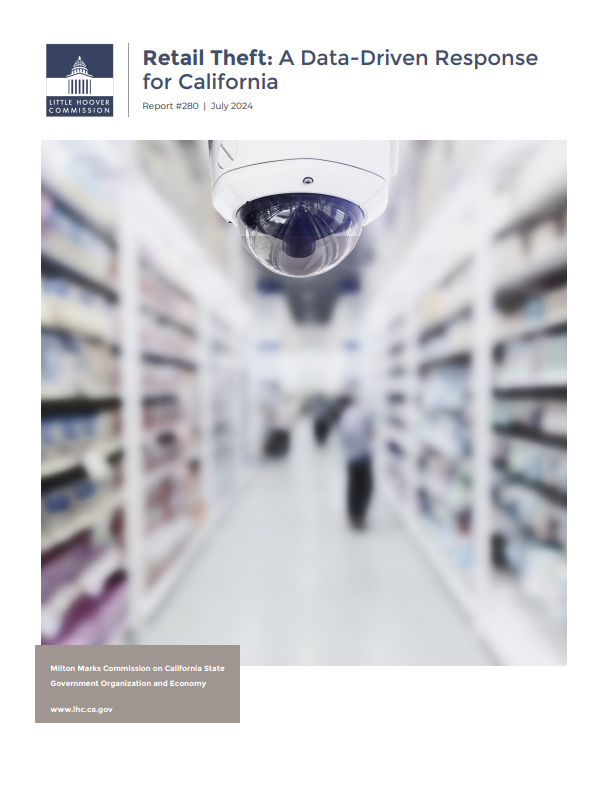- November 26, 2024In celebration of Native American Heritage Month 2024, the Association for Enterprise Opportunity (AEO) has published a fact sheet highlighting…
- September 24, 2024For this analysis, Tract Advisors used CDFI Fund Investment Area (IA) census tracts to represent economic distress and majority-minority census tracts…
- July 23, 2024Fund CI entered this research with the observation that both the CDFI industry and the technologies that support them are…







